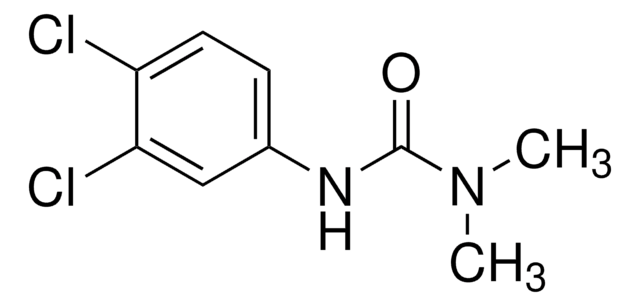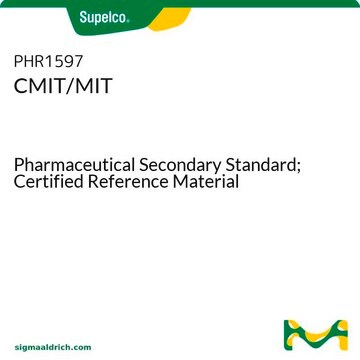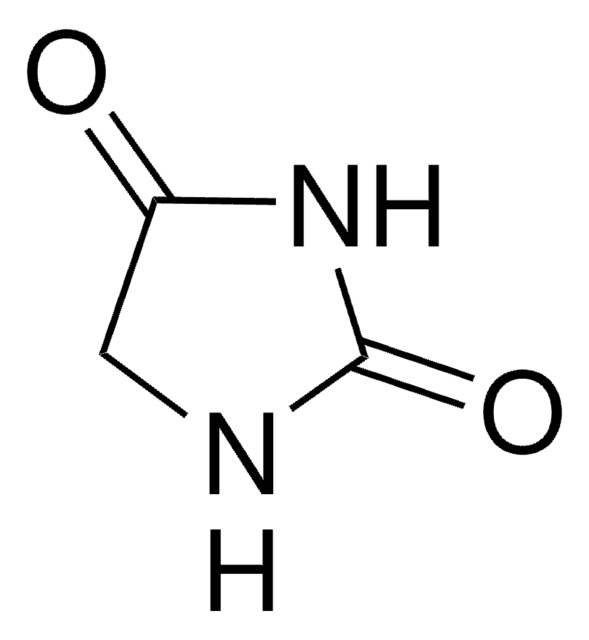521949
3-Iodo-2-propynyl N-butylcarbamate
97%
Sinónimos:
1-Iodoprop-1-yn-3-yl N-n-butylcarbamate, 3-Iodoprop-2-yn-1-yl N-butylcarbamate, 3-Iodoprop-2-yn-1-yl butylcarbamate, 3-Iodopropargyl n-butylcarbamate
About This Item
Productos recomendados
assay
97%
mp
64-68 °C (lit.)
SMILES string
CCCCNC(=O)OCC#CI
InChI
1S/C8H12INO2/c1-2-3-6-10-8(11)12-7-4-5-9/h2-3,6-7H2,1H3,(H,10,11)
InChI key
WYVVKGNFXHOCQV-UHFFFAOYSA-N
¿Está buscando productos similares? Visita Guía de comparación de productos
General description
signalword
Danger
Hazard Classifications
Acute Tox. 3 Inhalation - Acute Tox. 4 Oral - Aquatic Acute 1 - Aquatic Chronic 1 - Eye Dam. 1 - Skin Sens. 1 - STOT RE 1
Storage Class
6.1C - Combustible acute toxic Cat.3 / toxic compounds or compounds which causing chronic effects
wgk_germany
WGK 3
flash_point_f
Not applicable
flash_point_c
Not applicable
ppe
Eyeshields, Gloves, type N95 (US)
Certificados de análisis (COA)
Busque Certificados de análisis (COA) introduciendo el número de lote del producto. Los números de lote se encuentran en la etiqueta del producto después de las palabras «Lot» o «Batch»
¿Ya tiene este producto?
Encuentre la documentación para los productos que ha comprado recientemente en la Biblioteca de documentos.
Los clientes también vieron
Nuestro equipo de científicos tiene experiencia en todas las áreas de investigación: Ciencias de la vida, Ciencia de los materiales, Síntesis química, Cromatografía, Analítica y muchas otras.
Póngase en contacto con el Servicio técnico


















